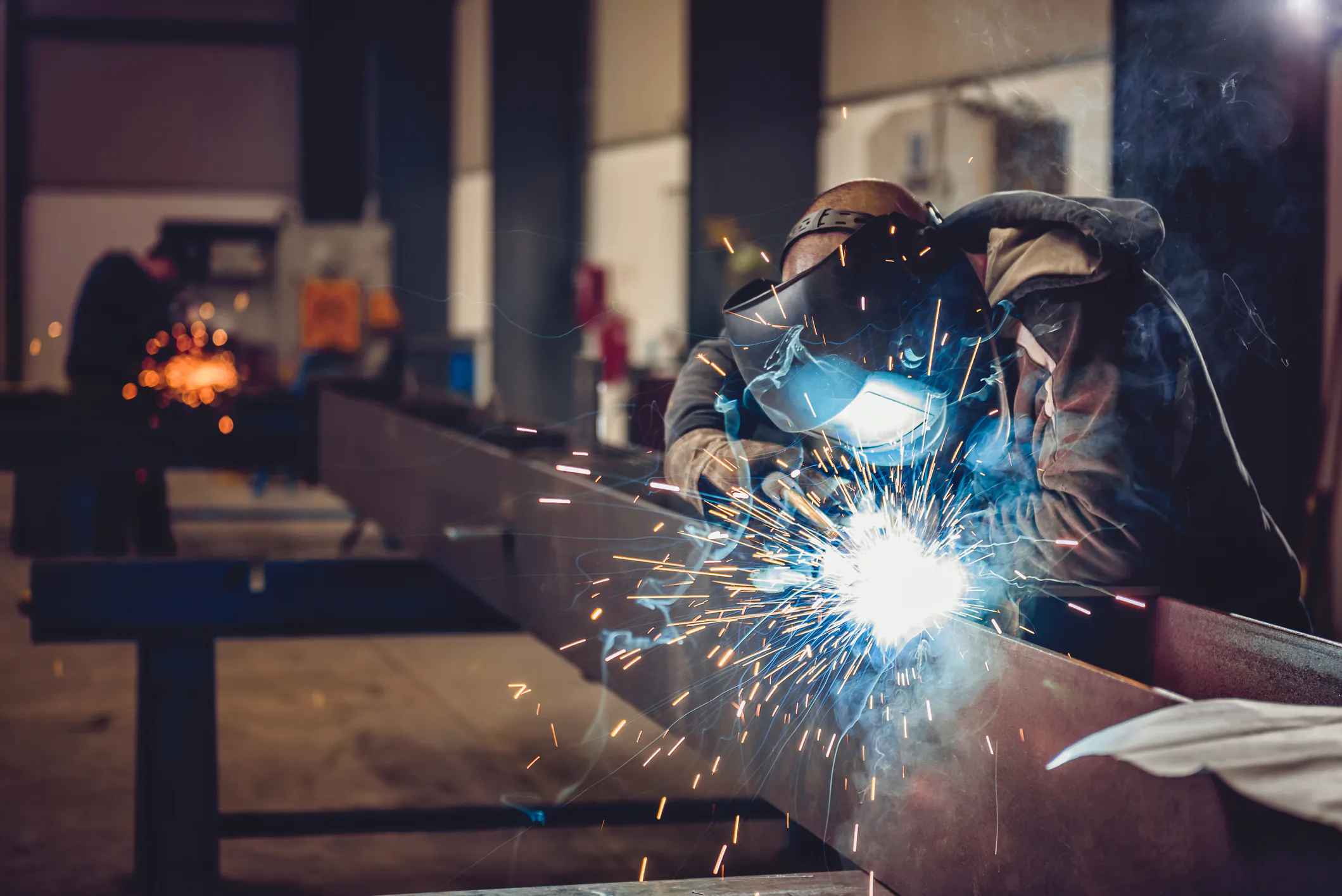The wave of automation is reshaping the landscape of the commercial and service industry, making what was once science fiction, a practical reality. This article delves into how robotics and Commercial and Service Industry Automation are bringing about significant changes in how industries function.
What is Automation in the Service Industry?
Automation in the service industry refers to the process of leveraging technology to eliminate manual tasks, thereby streamlining processes, improving efficiency, and reducing labor costs. While automation has long been a mainstay in manufacturing sectors, its penetration in the service industry has been a relatively recent phenomenon. Commercial and service industry machinery manufacturing has paved the way for this transformation.
Example of Automation in Service
A prominent example of automation in the service industry is the widespread use of self-service kiosks in quick-service restaurants. These machines, produced by adding machine manufacturers, enable customers to place their orders without any human intervention, making the process faster and more efficient.
Examples of Automated Systems in Industry
The commercial and service industry is replete with examples of automated systems. One such example is the utilization of aerial camera systems in real estate and agriculture for capturing high-resolution images of properties and fields. Another is the use of alignment tool kits in the construction industry to ensure precise alignments and measurements.
Which Industry Uses Automation the Most?
The manufacturing industry has been the biggest adopter of Commercial and Service Industry Automation. The use of robotics and automated systems in assembly lines, quality control, and packaging has significantly increased productivity and reduced human errors. Notably, anamorphic lens manufacturers have integrated automation in their processes to deliver high-quality products with remarkable consistency.
Four Types of Automation
There are four main types of automation:
- Fixed Automation: This is a system in which the sequence of processing operations is fixed by the equipment configuration. It’s typically used in mass production settings.
- Programmable Automation: Here, the production equipment is designed with the capability to change the sequence of operations to accommodate different product configurations.
- Flexible Automation: This system is capable of producing a variety of products with virtually no time lost for changeovers from one product to the next.
- Integrated Automation: This represents a sophisticated form of flexible automation, where all the plant’s processes are integrated into a single entity.
Three Types of Automation in Industry
Within the industry sector, automation can be categorized into three types:
- Industrial Automation: This involves the use of systems and devices, such as arcade machine manufacturers, to control industrial processes.
- Service Automation: This is the automation of services, such as customer service or cleaning services.
- Business Process Automation: This refers to the automation of complex business processes to streamline operations and reduce costs.
As we journey through the era of digital transformation, the role of Commercial and Service Industry Automation is becoming increasingly critical. By enabling businesses to operate more efficiently and accurately, automation is revolutionizing the way we work, shaping the future of industries around the world.
Benefits of Automation in Commercial and Service Industry
Automation in the commercial and service industry has proven to be a game-changer. Its integration has redefined efficiency, productivity, and quality control. Here are some of the key benefits:
- Increased Efficiency: Automation increases the speed of tasks and eliminates errors, resulting in higher efficiency levels.
- Cost Reduction: The reduction of manual labor and associated costs is a significant economic benefit of automation.
- Improved Quality: By eliminating the potential for human error, automation ensures the delivery of products and services of consistent quality.
- Enhanced Safety: Automation reduces the risk of accidents in hazardous work environments, ensuring worker safety.
Role of Robotics in the Commercial and Service Industry
The advent of robotics has turbocharged the automation revolution in the commercial and service industry. Analog CCTV camera manufacturers are utilizing robotics to streamline the production process, enhance precision, and boost productivity. Simultaneously, ANPR camera manufacturers are using robotics to increase the efficiency of license plate recognition, thereby boosting traffic management and security.
Robots are increasingly seen performing complex tasks, such as performing surgeries in healthcare, aiding deep-sea exploration, or working on assembly lines in the automotive industry. The implication of robotics in the Commercial and Service Industry Automation is vast, reshaping the industry norms.
Automation and the Future of the Commercial and Service Industry
The future of the commercial and service industry lies in the further integration of automation. With advancements in AI and machine learning, the possibilities for Commercial and Service Industry Automation are virtually endless. The next generation of automated systems could have the capability to learn, adapt, and make decisions, leading to unprecedented efficiency and productivity gains.
As technology continues to evolve, so does the potential for automation. Industries that adapt and incorporate these advancements will lead the way in the future, reaping benefits of increased efficiency, reduced costs, and improved customer service.
In conclusion, the automation revolution in the commercial and service industry is a transformative force. It’s redefining what is possible in manufacturing, service delivery, and business processes. As businesses embrace Commercial and Service Industry Automation, they are creating a future that is more efficient, productive, and innovative.



